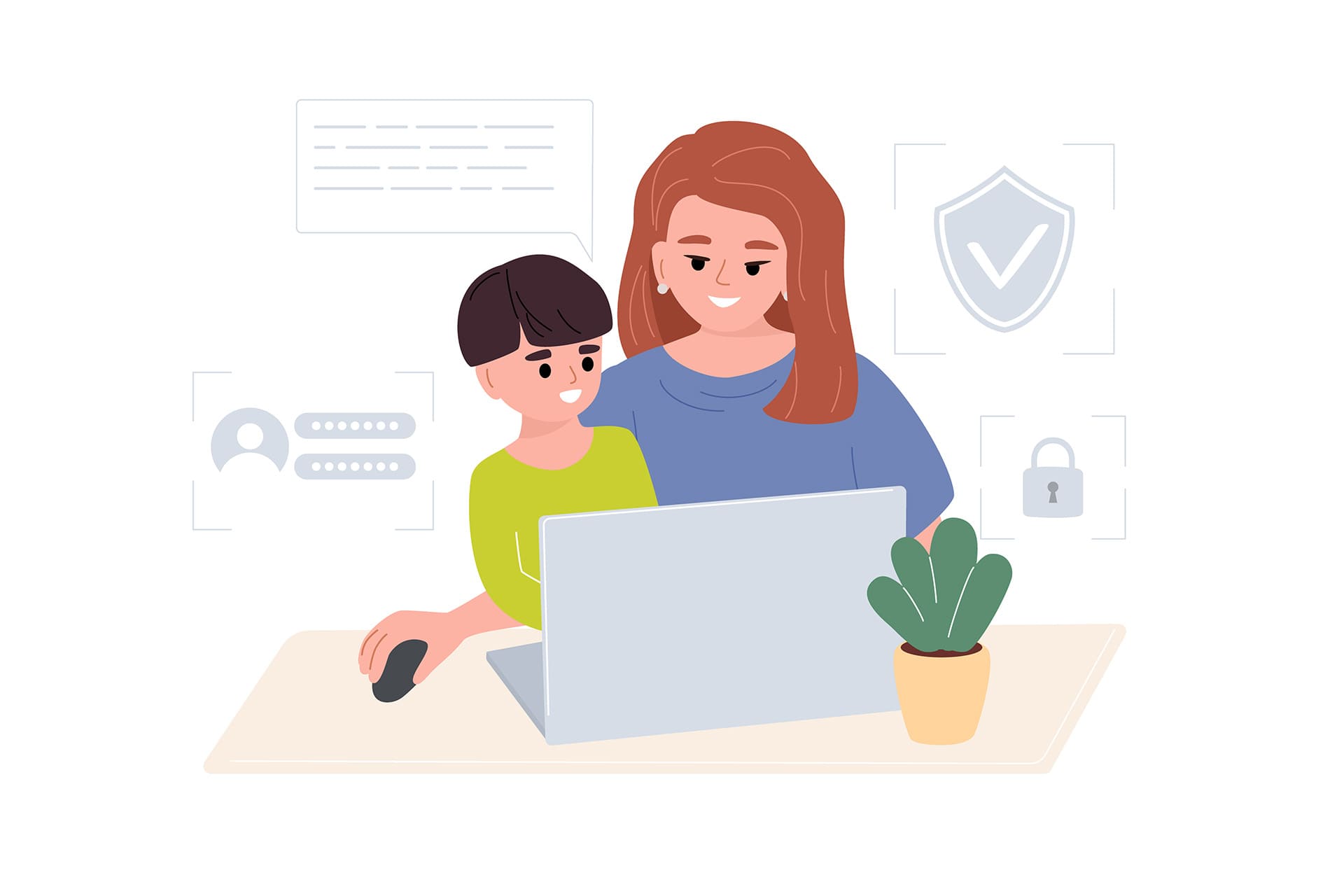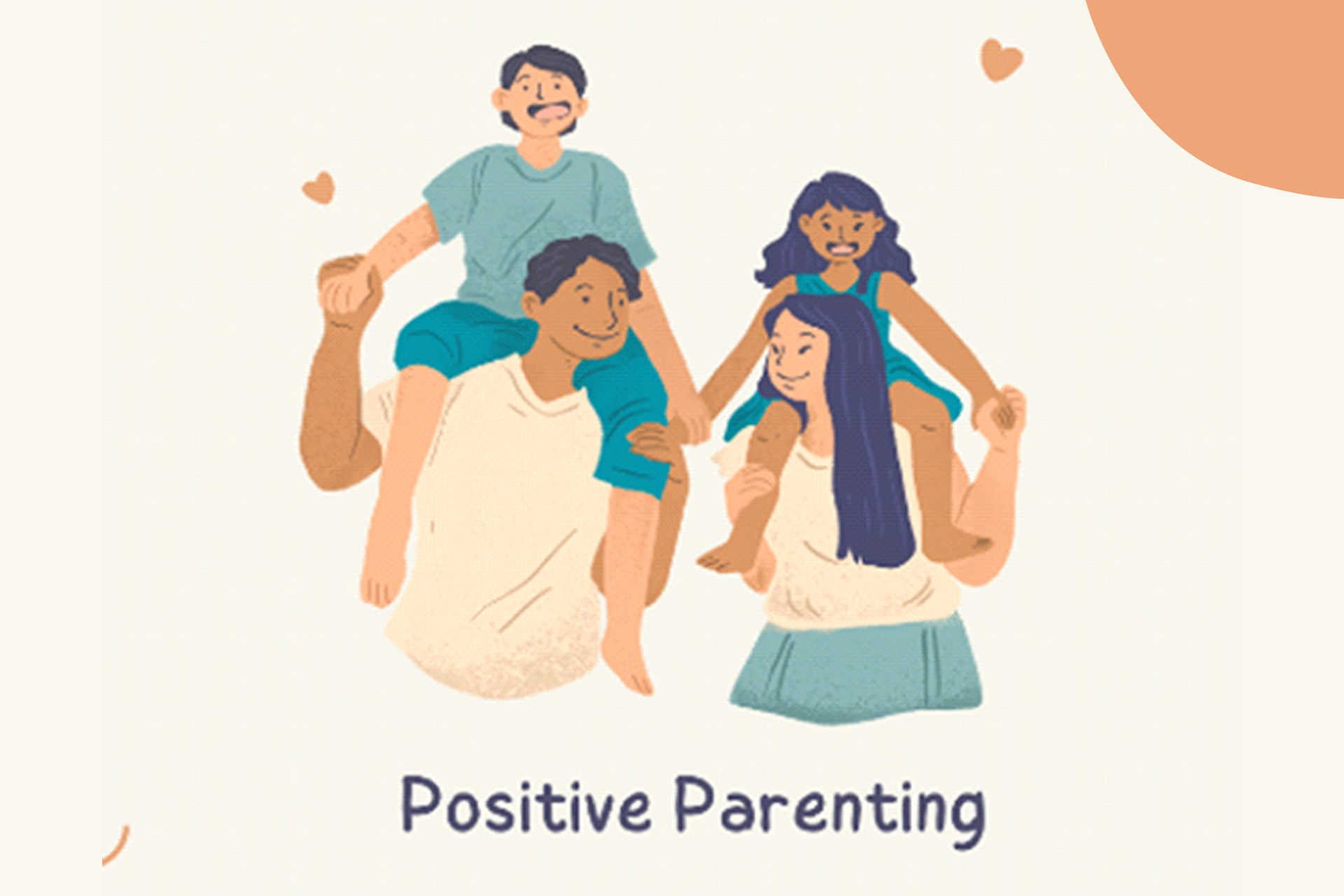The impact of technology on children's mental health is a complex and multidimensional issue that can be both positive as well as negative. Here are some of the important aspects to consider:
Positive Impacts of technology:
1. Educational Opportunities: Technology provides children with access to a wealth of educational resources, interactive learning apps, and online courses that can enhance their overall cognitive development.
2.Social Connectivity: Digital tools enable children to connect with word, fostering social relationships. Social media, messaging apps, and online gaming platforms can help children stay in touch and share experiences.
3.Skill Development: Interactive games and educational apps can help children develop cognitive skills, problem-solving abilities, and creativity. Some technologies also support the development of coding and other technical skills.
4. Access to Information: The internet provides children with instant access to information, which can be beneficial for learning and exploring various topics.
Negative Impacts of technology:
1. Excessive Screen Time: Prolonged use of screens, such as smartphones, tablets, TV, and computers, can contribute to physical health issues, such as eye strain and disturbed sleep patterns.
2. Social Isolation: While technology can facilitate virtual connections, it may also lead to reduced face-to-face interactions, potentially contributing to feelings of loneliness and social isolation.
3. Cyberbullying: The prevalence of technology has increased the risk of cyberbullying, where children may experience harassment or bullying through online platforms, leading to negative mental health outcomes.
4. Impact on Sleep: The use of screens before bedtime can interfere with sleep patterns, affecting the quality and duration of sleep, which is crucial for children's overall well-being.
5. Comparison and Self-Esteem: Exposure to curated and idealized images on social media can contribute to feelings of inadequacy and low self-esteem as children may compare themselves to others peers.
6. Addiction and Impulse Control issues: Excessive use of technology, especially in the form of video games or social media, can contribute to addictive behaviors and challenges in managing impulses.
Recommendations for Parents and Caregivers:
1. Set Limits: Establish reasonable limits on screen time to ensure a balance between online and offline activities mutually.
2. Encourage Outdoor Activities: Promote physical activities and outdoor play to support overall health and well-being.
3. Open Communication: Foster open and honest communication with children about their online experiences, addressing concerns and educating them about responsible technology use.
4. Model Healthy Behaviors: Demonstrate healthy technology habits and serve as positive role models for children.
5. Monitor Content: Be aware of the content children are accessing online and use parental controls to ensure age-appropriate material.
6. Encourage Offline Activities: Support a variety of offline activities, including reading, sports, and hobbies, to provide a well-rounded approach to child development.
Digital parenting involves navigating the challenges of raising children in the digital age, ensuring their safety, and promoting responsible technology use. Here are some tips for digital parenting:
1. Open Communication:
- Foster a trusting relationship with your children through open communication.
- Encourage them to share their online experiences, concerns, and questions.
2. Educate About Online Safety:
- Teach your children about online privacy, the importance of not sharing personal information, and the potential risks of interacting with strangers online.
- Discuss the concept of digital footprints and how online actions can have real-world consequences.
3. Set Screen Time Limits:
- Establish clear guidelines for screen time, balancing digital activities with other aspects of life, such as homework, chores, and outdoor play.
4. Use Parental Controls:
- Utilize parental control features on devices and internet browsers to restrict access to age-appropriate content.
- Monitor and regulate the apps, websites, and games your children can access.
5. Teach Digital Citizenship:
- Instill values of kindness, empathy, and respect in the digital world.
- Discuss appropriate online behavior, the impact of cyberbullying, and the importance of treating others with respect online.
6. Model Healthy Tech Habits:
- Demonstrate responsible technology use by setting an example for your children.
- Avoid excessive screen time and be mindful of your own online behavior.
7. Stay Informed:
- Stay up-to-date with the latest apps, social media platforms, and online trends that may be popular among children.
- Understand the privacy settings and features of the platforms your children use.
8. Establish Tech-Free Zones:
- Designate certain areas and times in your home as tech-free zones, such as during family meals or before bedtime.
9. Encourage Critical Thinking:
- Teach your children to critically evaluate online information and be aware of misinformation and fake news.
- Discuss the importance of verifying sources and thinking critically about the content they encounter online.
10. Balance Online and Offline Activities:
- Encourage a balance between online and offline activities to promote overall well-being.
- Support your children in engaging in a variety of hobbies, sports, and social interactions beyond the digital realm.
11. Teach Online Etiquette:
- Discuss the importance of online etiquette, including being respectful in online communication and avoiding negative behaviors.
12. Monitor Social Media Use:
- If your child is using social media, be aware of their accounts, friends, and posts.
- Discuss the potential impact of sharing personal information and images online.
Remember that digital parenting is an ongoing process that requires adaptation as technology evolves. By staying involved, informed, and fostering open communication, you can help your children navigate the digital world responsibly and safely.
In conclusion, technology's impact on children's mental health depends on how it is used and managed. Balancing screen time with other activities and fostering a healthy approach to technology can help mitigate potential negative effects.







0 Comments